Council tax hikes: everything you need to know
Where is council tax on the rise, and how can you pay less?
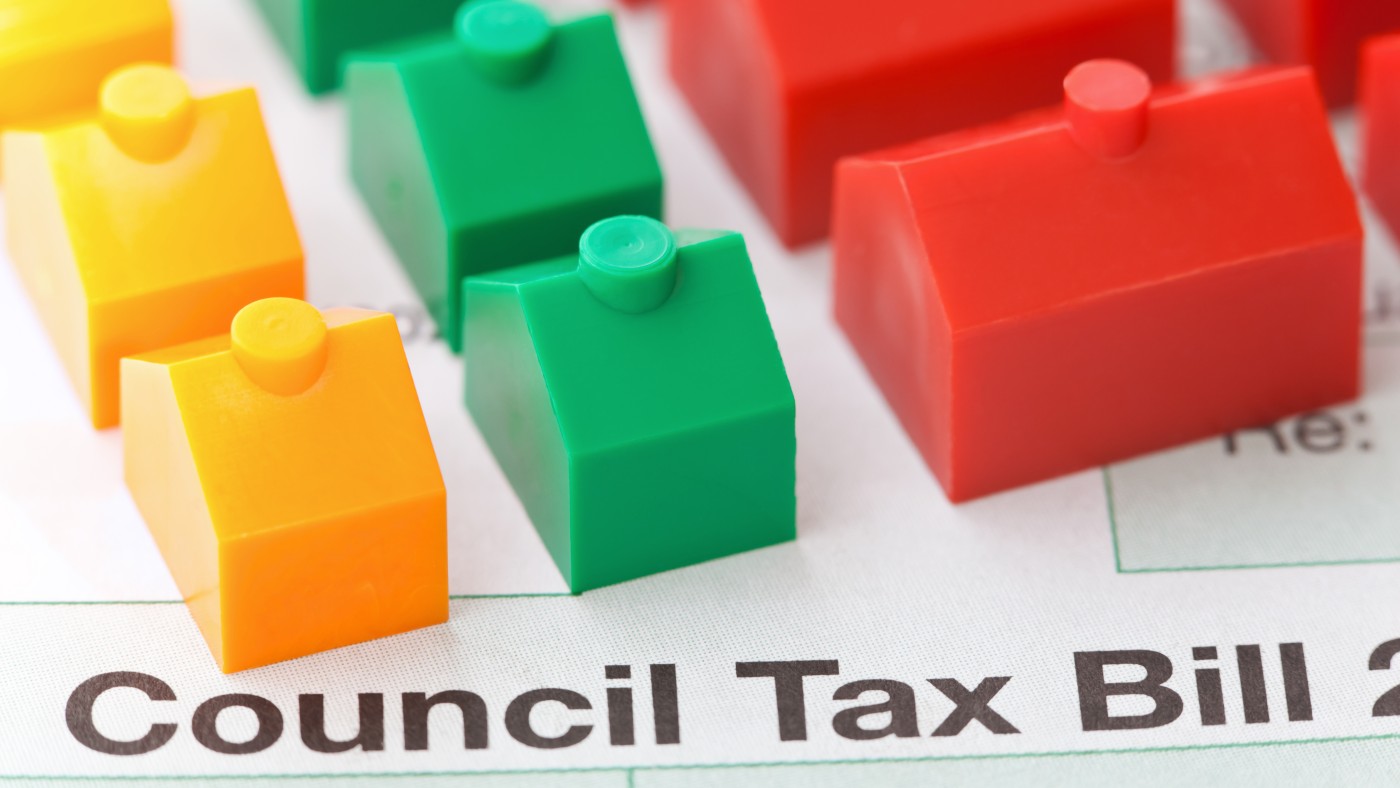
A free daily email with the biggest news stories of the day – and the best features from TheWeek.com
You are now subscribed
Your newsletter sign-up was successful
Households could see their council tax bills increase in April as local authorities fill the gaps in their funding.
Chancellor Jeremy Hunt paved the way for council tax increases in his autumn statement last year, giving local authorities in England “additional flexibility” to increase council tax without consulting local residents by up to 3% as well as up to 2% to fund social care responsibilities.
This means some might see a 5% increase in council tax bills, and some councils in more debt can apply for permission to raise their tax rates even further.
The Week
Escape your echo chamber. Get the facts behind the news, plus analysis from multiple perspectives.

Sign up for The Week's Free Newsletters
From our morning news briefing to a weekly Good News Newsletter, get the best of The Week delivered directly to your inbox.
From our morning news briefing to a weekly Good News Newsletter, get the best of The Week delivered directly to your inbox.
With inflation still high, “rising interest rates adding to the cost of borrowing, and energy costs, council tax rises will further dent household budgets”, said MoneyWeek.
Here is what you need to know about council tax and how you could get a discount.
What does council tax pay for?
Councils provide hundreds of services in a local area, said the Local Government Association, including “looking after vulnerable people, keeping the streets clean and running leisure centres”.
Local residents pay council tax to help fund these services.
A free daily email with the biggest news stories of the day – and the best features from TheWeek.com
Council tax is an annual fee your local council charges residents for the services it provides, said Money Helper. Normally you pay it in ten monthly instalments, followed by two months of not making any payments.
Local services funded by council tax include:
- Police and fire services
- Leisure and recreation projects, such as maintaining parks and sports centres
- Libraries and education services
- Rubbish and waste collection and disposal
- Transport and highway services, including street lighting and cleaning, and road maintenance
- Environmental health and trading standards
- Administration and record-keeping, such as marriages, deaths and births, and local elections.
How is council tax calculated?
Council tax is based on the value of the property you live in, as well as how much money the local authority needs.
All homes are given a council tax valuation band by the Valuation Office Agency (VOA), which is based on the value of a residential home in England and Scotland on 1 April 1991 and in Wales in 2003. A different amount of council tax is charged on each band.
Other factors that affect your council tax band include the home’s size, layout, character and location, said Metro. The rule is that the higher the value of your property, said The Money Edit, “the more you pay in council tax”.
Band A is the lowest rating and incurs the lowest rate of council tax, while at the other end of the scale, band H means residents pay the highest council tax bills, said the financial website.
Valuation band D is used as the standard measure of council tax, said The Money Edit, and the bill either increases or decreases on a sliding scale down to band A and up to band H.
The average band D council tax charge for the 2022/23 year was £1,966. That could increase to £2,064 assuming a 5% rise.
Your council tax bill should tell you what band you are in, but you can also use the postcode checker on the GOV.UK website for properties in England and Wales or the Scottish Assessors Association website for Scotland. This will show you the council tax bands for all properties on your street so you can check if you are in the same band as your neighbours.
Who can get a council tax discount?
Thousands of people are believed to be missing out on valuable council tax reductions, said The Money Edit, “which could be worth hundreds of pounds”.
A full council tax bill is based on at least two adults living in a home, but there is a single person discount of 25% if you’re the only adult in your property.
Some people aren’t counted for council tax even if they are over 18 and living with you, said The Money Edit, “such as students, live-in care workers, and those away from home in prison or in hospital long-term”.
People who don’t need to pay council tax are described as “disregarded”, but you have to apply to your local authority to get this confirmed so your bill is reduced. There is a 50% reduction in council tax if everyone you live with is “disregarded”.
Discounts may also be available, or you may be moved to a different band, if you are on a low income or live with a disabled person. Older people claiming pension credit may also be eligible for a discount of up to the full amount. Empty properties could also get a discount or exemption for a set period, but rules vary so it is best to check with your local council.
Your council can still reduce your council tax bill or cancel it altogether if you are struggling financially, said Citizens Advice, this is called a “discretionary reduction”. You will need to show that you’re “suffering severe hardship and can’t afford to pay council tax”, the charity said.
Where and when is council tax rising?
Council tax bills will start landing on doormats in March and will cover the ten months from April to January. Some councils are already revealing what the bill will be for different bands, so it is worth checking your local authority’s website. There is also a regularly updated list on the MoneyWeek website of which councils are increasing their bills.
“Substantially fewer councils than predicted” plan to increase council tax by the maximum limit, said the Local Government Chronicle, highlighting that metropolitan boroughs face an “impossible choice between cutting services and raising tax on already hard-pressed residents”.
Walsall Council leader Mike Bird told the Express and Star that passing on the full rise “having to do the dirty work for the Government which has dropped us in it again”.
Some authorities have been allowed to hike bills even more than the 5%, said The Sun, in some cases by as much as 15%.
Thurrock Council and Slough Borough Council have had approval from central government to raise council tax by an additional 5%, while Croydon Council can add an extra 10%, after all three declared bankruptcy.
Londoners will also see an extra 10% added to their bills for the portion that funds the Mayor of London and Greater London Authority services.
You can appeal to the VOA for free if you feel you are in the wrong council tax band, especially if your house is in a different band to your neighbours. But be careful, said LoveMoney, “you may instead find your band stays the same and your neighbours have theirs changed”.
If the VOA finds you were in the wrong band, said MoneyWeek, you can get a refund that will be backdated to when you moved into the property, or when the tax was introduced in 1993 – whichever is most recent.
Your local authority could also find you’re paying less than what you should be, and hike your bill, MoneyWeek warns, “so double check your numbers before taking action”.
Marc Shoffman is an award-winning freelance journalist, specialising in business, property and personal finance. He has a master’s degree in financial journalism from City University and has previously written for FTAdviser, ThisIsMoney, Mail on Sunday and MoneyWeek.
-
 Political cartoons for February 16
Political cartoons for February 16Cartoons Monday’s political cartoons include President's Day, a valentine from the Epstein files, and more
-
 Regent Hong Kong: a tranquil haven with a prime waterfront spot
Regent Hong Kong: a tranquil haven with a prime waterfront spotThe Week Recommends The trendy hotel recently underwent an extensive two-year revamp
-
 The problem with diagnosing profound autism
The problem with diagnosing profound autismThe Explainer Experts are reconsidering the idea of autism as a spectrum, which could impact diagnoses and policy making for the condition
-
 What to know before filing your own taxes for the first time
What to know before filing your own taxes for the first timethe explainer Tackle this financial milestone with confidence
-
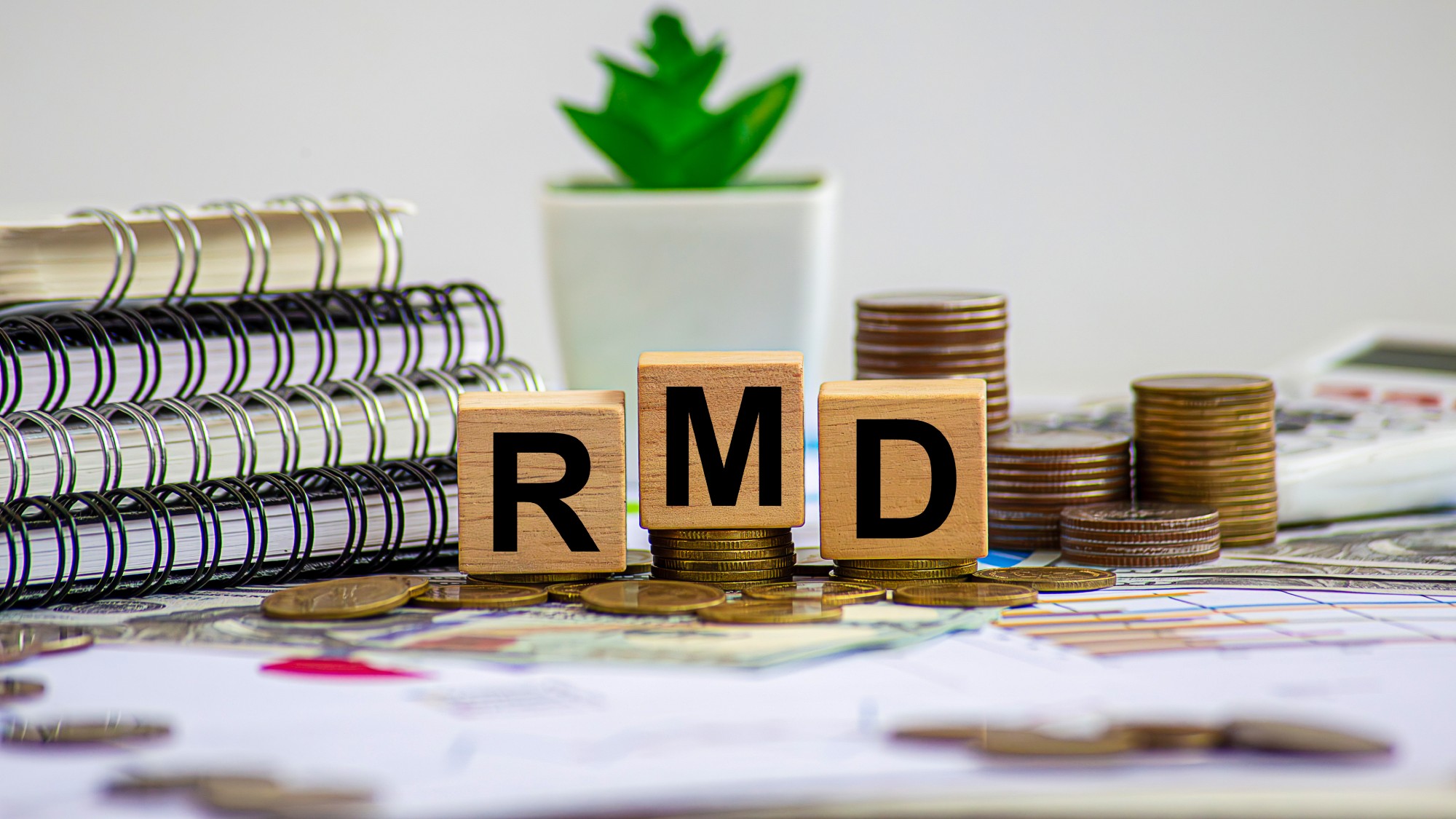 3 required minimum distribution tax mistakes to avoid
3 required minimum distribution tax mistakes to avoidThe Explainer Missteps in making withdrawals from tax-advantaged retirement accounts can cost you big
-
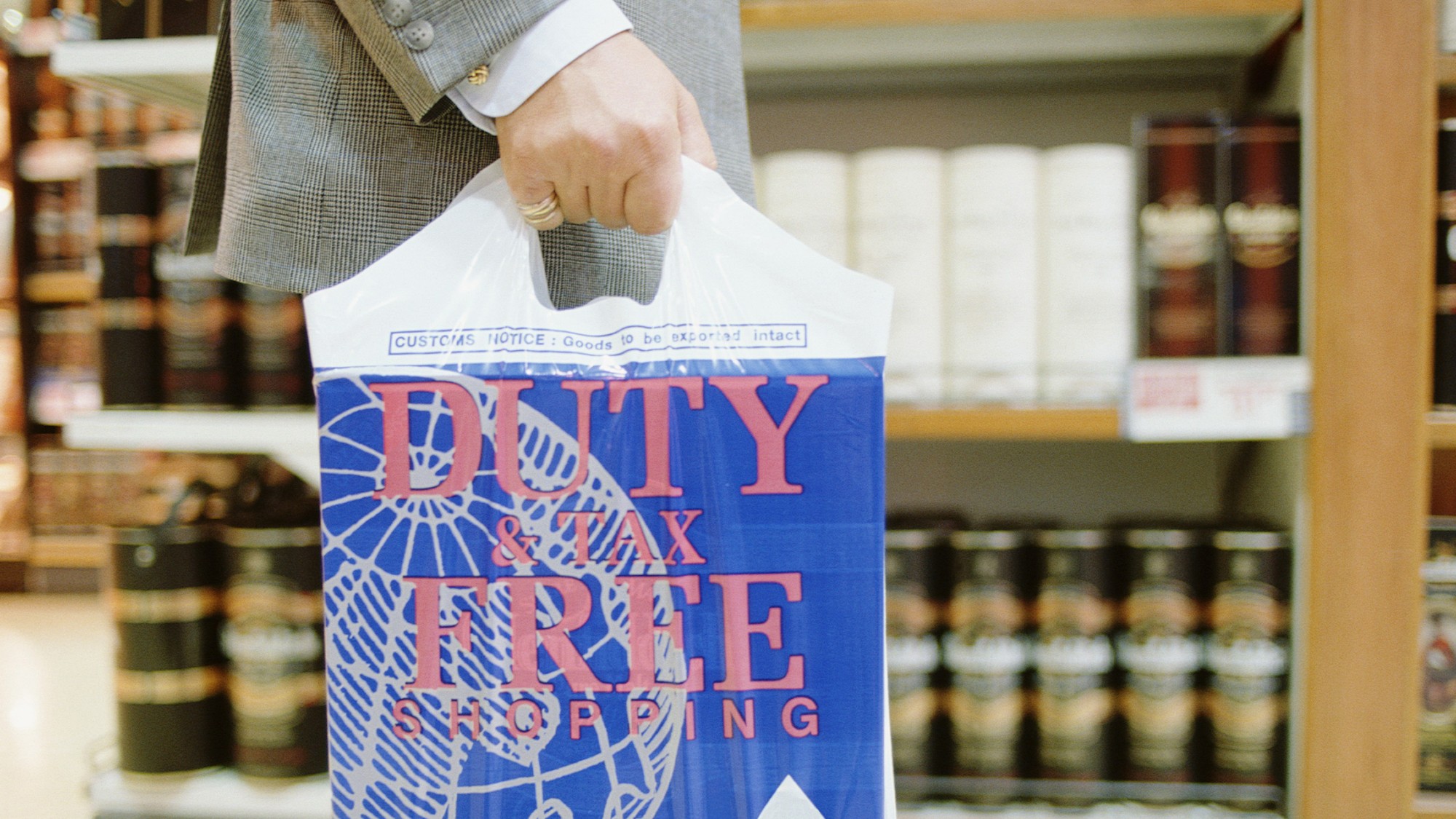 Is duty-free shopping worth it?
Is duty-free shopping worth it?the explainer How to determine whether you are actually getting a good deal
-
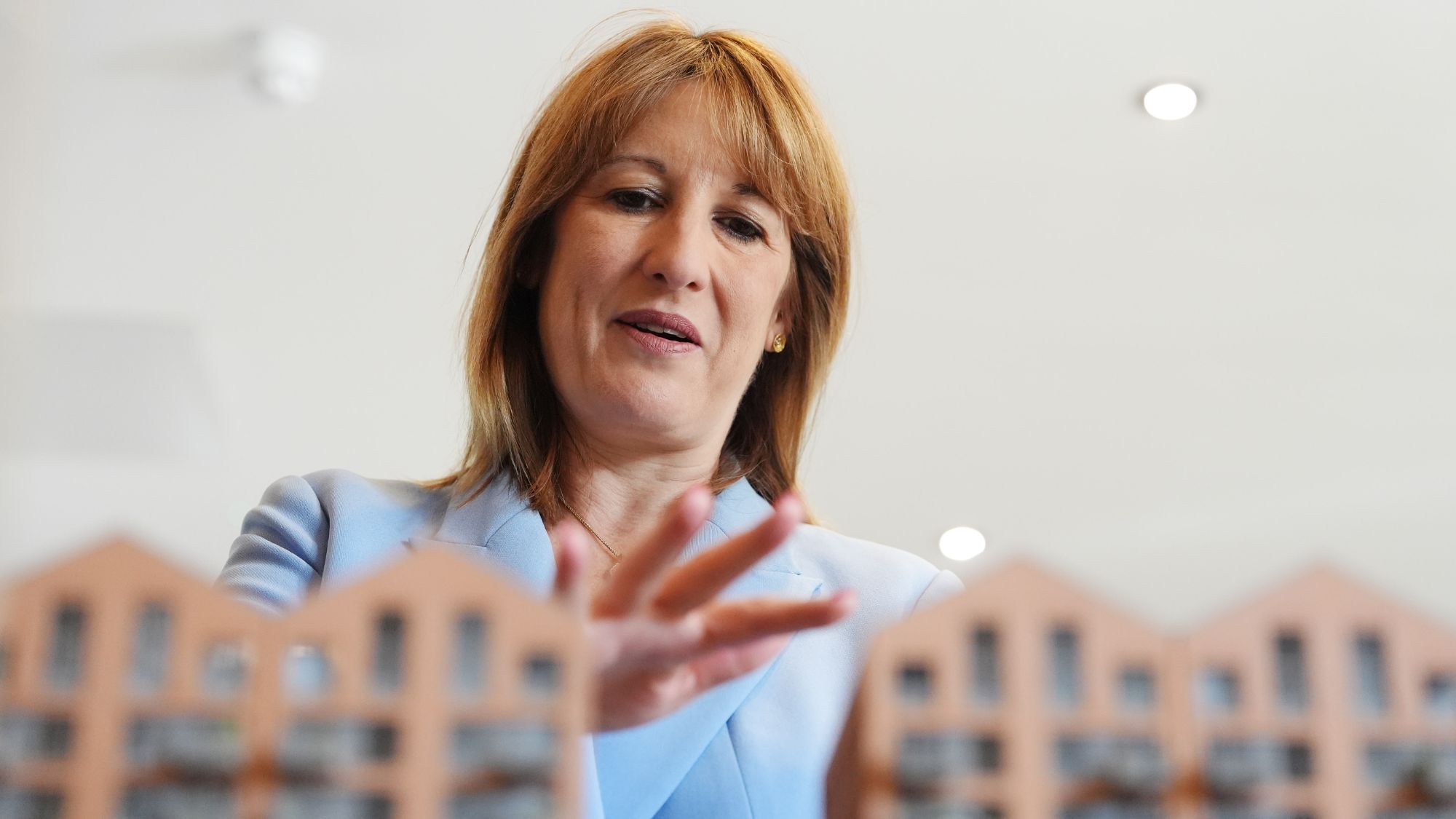 What the 2025 Autumn Budget could mean for your wallet
What the 2025 Autumn Budget could mean for your walletThe Explainer Chancellor Rachel Reeves will reveal her latest plan to balance the nation’s finances in November
-
 What taxes do you pay on a home sale?
What taxes do you pay on a home sale?The Explainer Some people — though not many — will need to pay capital gains taxes upon selling their home
-
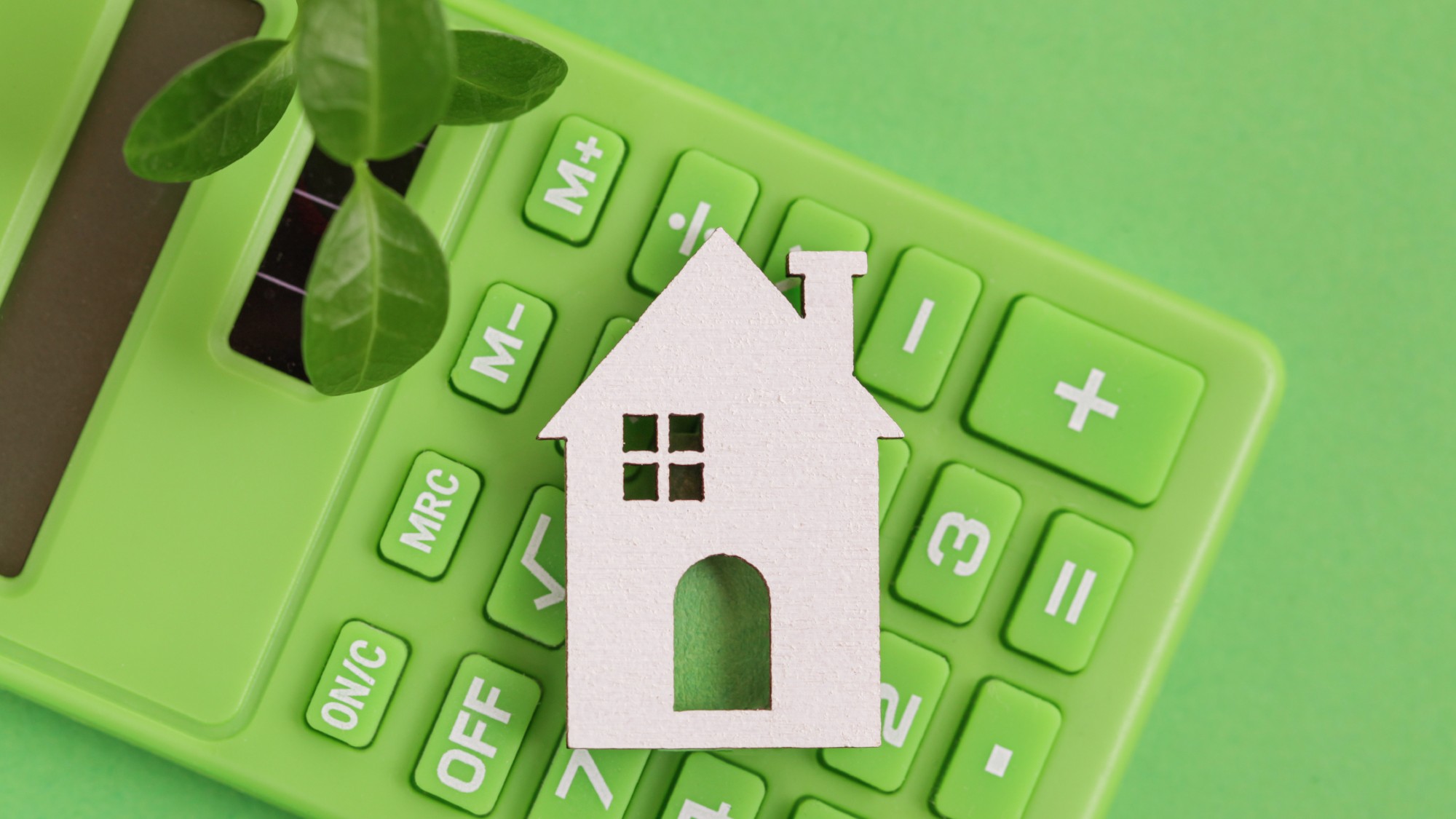 Clean energy tax credits are going away. Here's how to get them before it's too late.
Clean energy tax credits are going away. Here's how to get them before it's too late.The Explainer Trump's recently passed megabill promises the early demise of clean energy tax credits
-
 How will the new tax deductions on auto loans work?
How will the new tax deductions on auto loans work?the explainer Trump's One Big Beautiful Bill Act introduced a tax deduction on auto loan interest — but eligibility for the tax break is limited
-
 8 ways Trump's bill will change your taxes
8 ways Trump's bill will change your taxesThe Explainer The 'big beautiful bill' was recently signed into law. Here's what it might mean for your wallet.